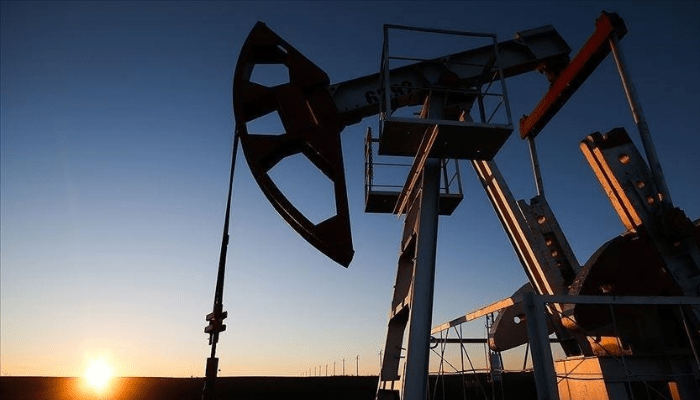Nigeria’s hopes for a major oil revenue boost in 2024 appear dashed as international oil companies (IOCs) prioritise projects elsewhere, sanctioning a staggering $125 billion worth of investments globally.
This news comes as a blow to the nation’s budget, which heavily relies on income from oil exports.
International oil and gas majors and the Middle East’s national oil companies are expected to give the nod this year to up to 30 projects, worth a total investment of $125 billion and holding an estimated 14 billion barrels of oil equivalent (boe) of resources.
An analysis by energy research firm Wood Mackenzie revealed that upstream oil and gas projects are expected to reach final investment decisions (FIDs) in 2024, surpassing the 22 sanctioned upstream developments of the previous year.
According to WoodMac, the ‘FID class of 2024’ is projected to exhibit lower average emissions intensity compared to the global upstream average, as per the consultancy’s assessments.
The anticipated projects set for sanctioning this year are expected to register an average emissions intensity of 13.6 kg of CO2e per boe, a notable reduction from the global upstream average of 21 kg CO2e/boe, which includes liquefaction emissions.
In addition, there’s an observable enhancement in project economics. WoodMac highlights that within the class of 2024 sanctioned projects, there will be a growth in the proportion of liquids compared to natural gas.
The weighted average internal rate of return (IRR) for the class of 2024 stands at an impressive 23 percent. To achieve a mere 15 percent IRR, this year’s projects would require an average oil price of $47 per barrel, compared to last year’s project breakevens at $49 per barrel, according to WoodMac’s analysis.
“The higher liquids weighting and higher long-term price assumptions will improve IRRs for this year’s projects,” Ross McGavin, principal analyst at Wood Mackenzie, said.
“Most payback periods are less than eight years from FID, as operators focus on rapid execution, lower unproductive capital, and higher returns.”
Meanwhile, TotalEnergies leads the pack with two of the top five largest projects in terms of capital expenditure out of the anticipated $125 billion expenditure for this year.
According to estimates by Wood Mackenzie, the French supermajor aims to finalise investment decisions on projects totalling nearly $30 billion in capital expenditure.
However, the report highlights a potential disconnect, as it remains unclear whether Nigeria’s National Petroleum Company (NNPC) Limited is included in these projections as oil majors continue to divest from the Nigerian market.
While the global oil market seems to be regaining confidence, with companies prioritising deepwater projects for their economic viability, the extent of NNPC’s involvement in these upcoming sanctions is yet to be determined.
In the last 14 months, oil majors Eni, Equinor, Shell, ExxonMobil, and TotalEnergies among others have divested some of their oil assets in Nigeria on the back of insecurity, energy transition, and oil theft.
Nigeria is one of the key players in the global oil and gas market and a member of the Organization of Petroleum Exporting Countries (OPEC). But the country has already seen $21 billion worth of assets divested, according to Oilprice, putting its future in jeopardy.

